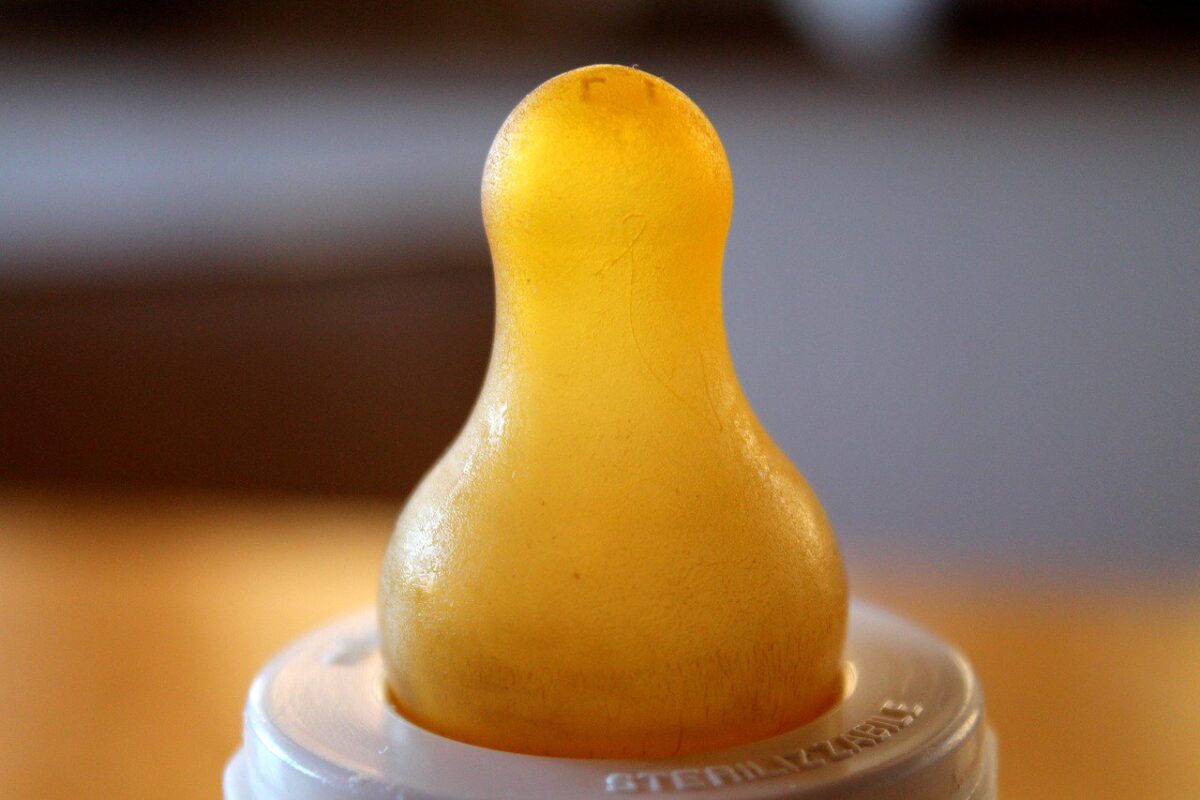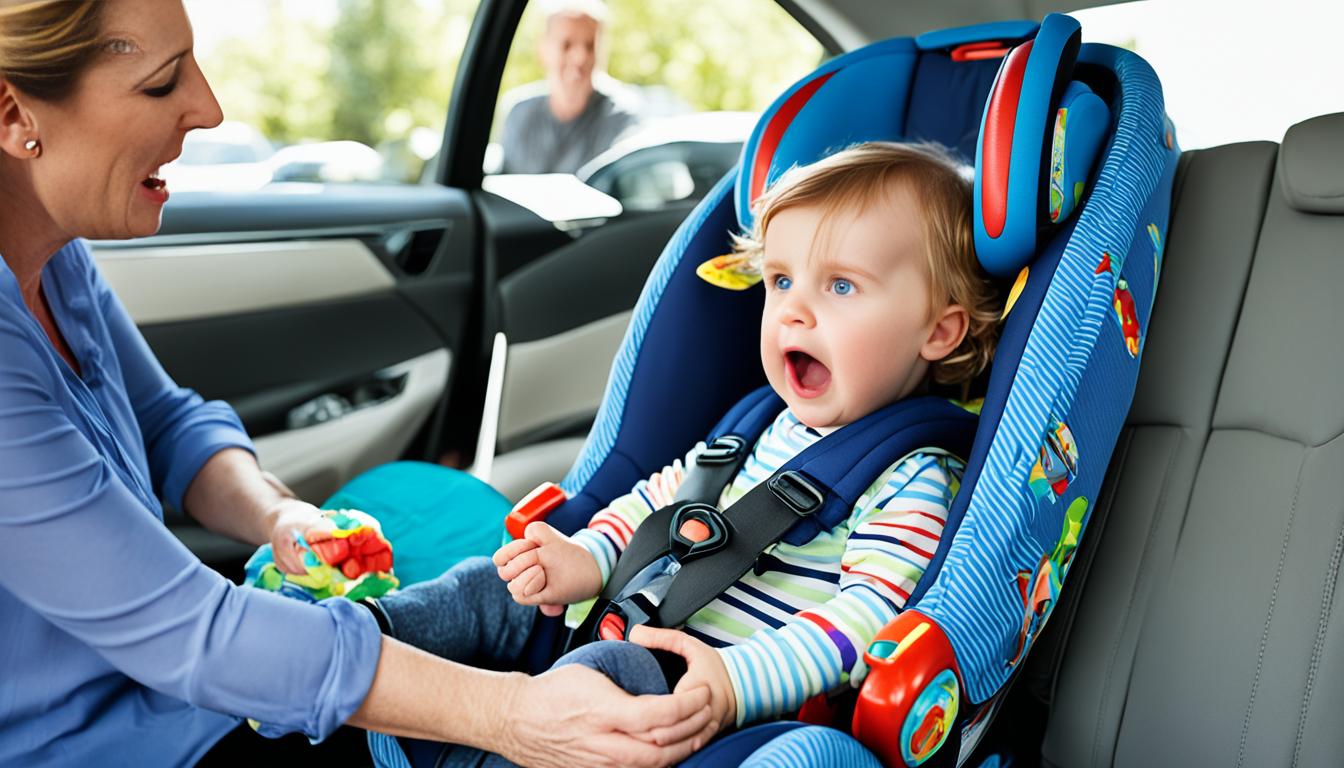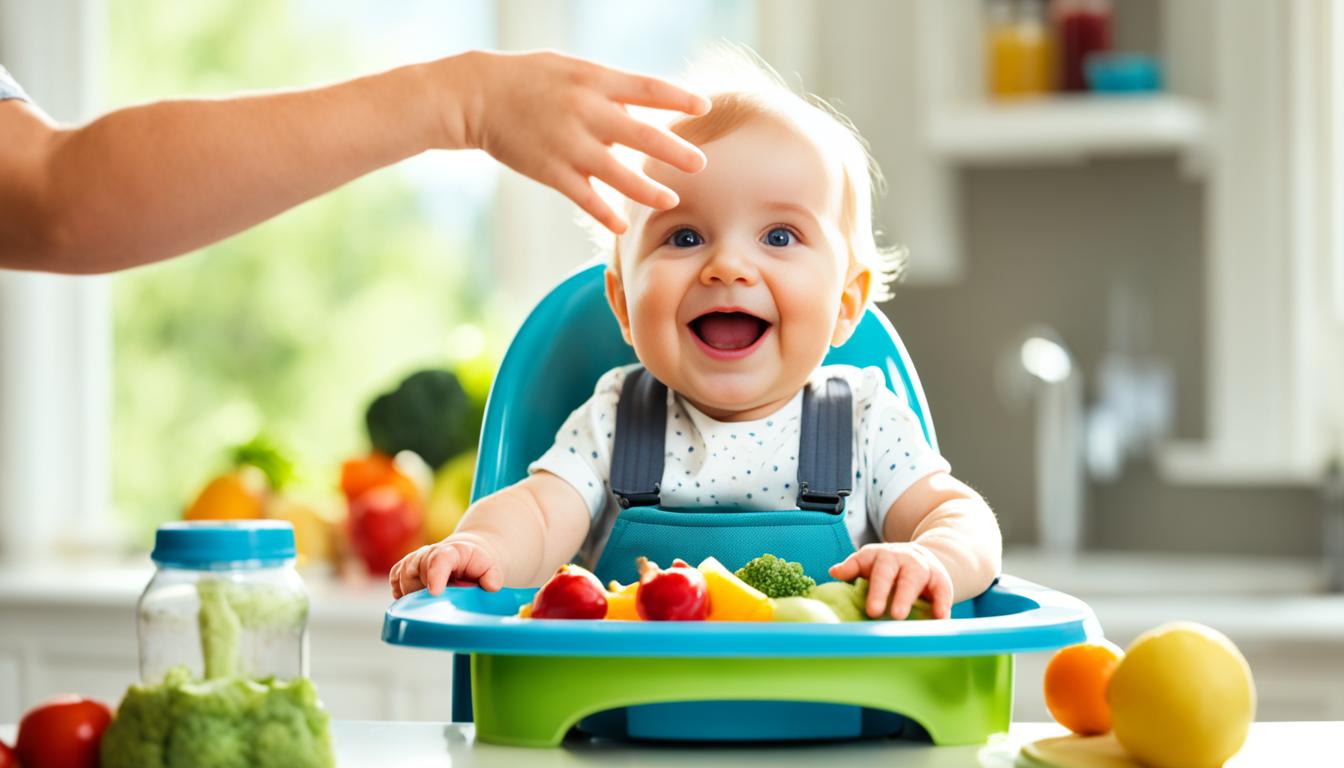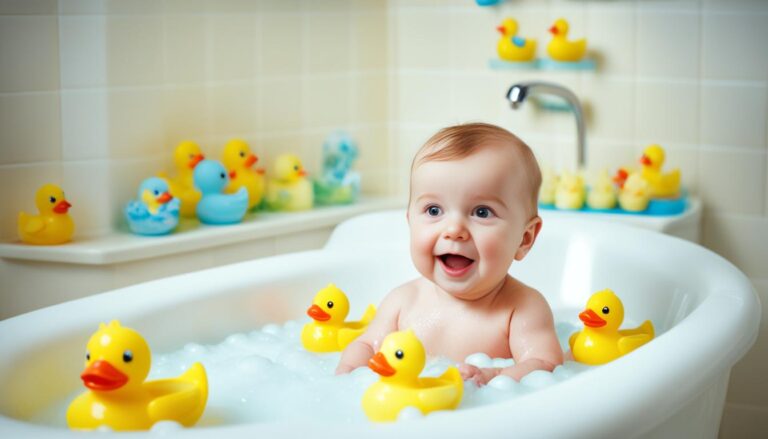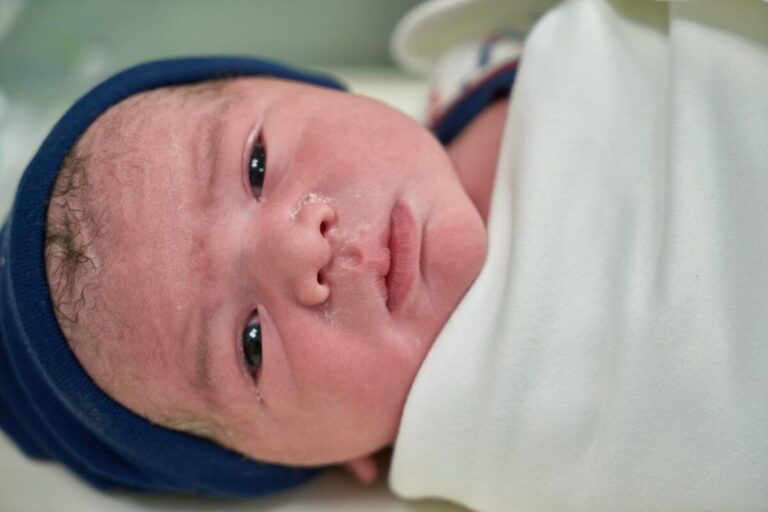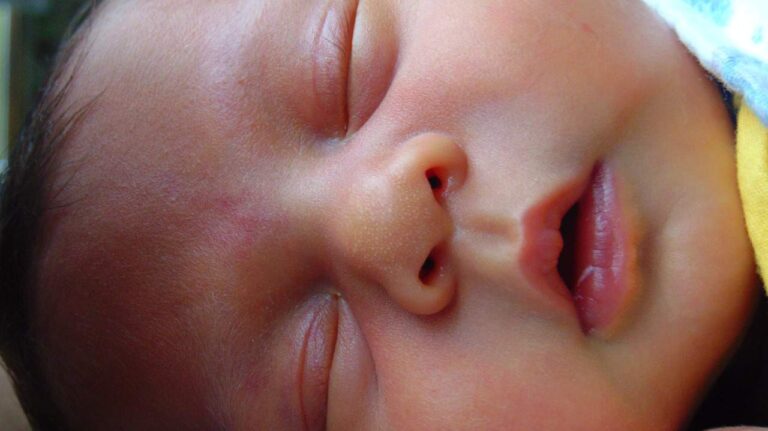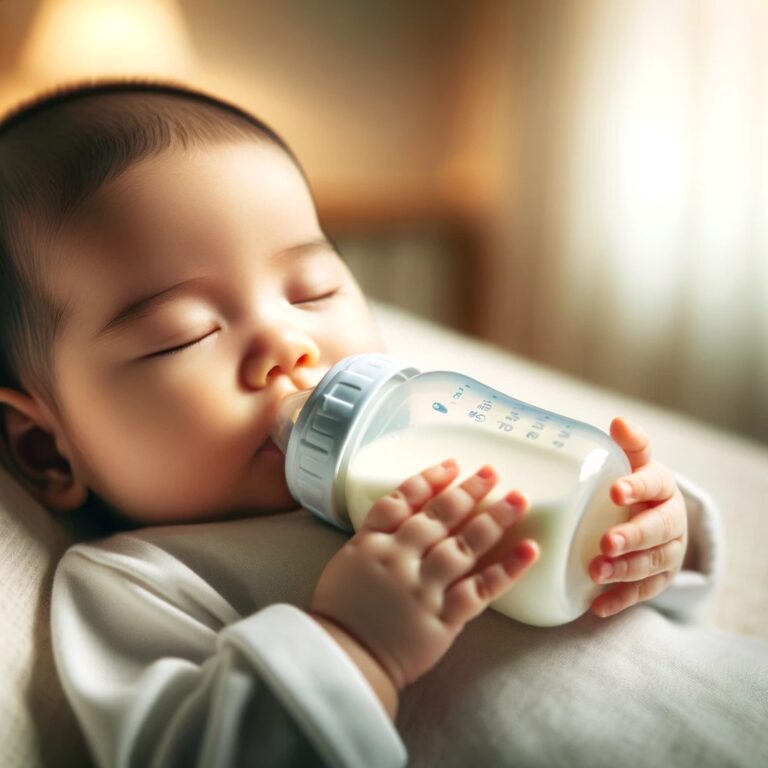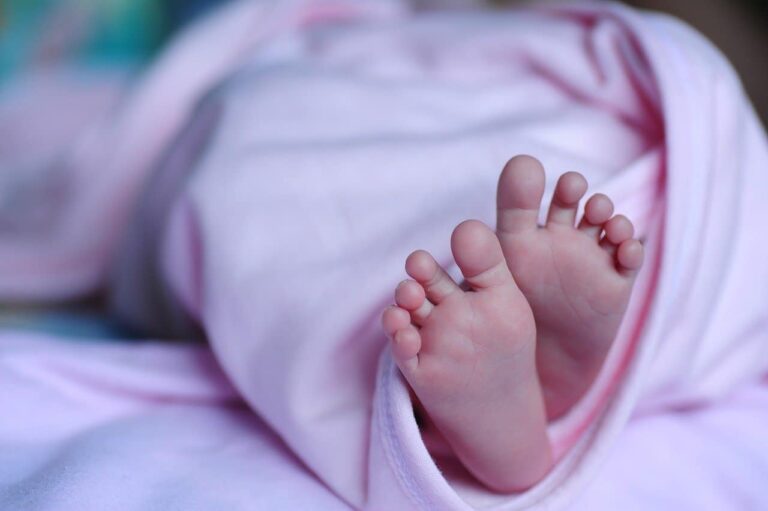What Happens if Baby Drinks Spoiled Breast Milk?
When we think of breast milk, we think of mothers feeding their infant milk directly from their breasts. However, there are other less-discussed ways of giving infants breast milk. For some mothers, pumping is their go-to choice.
Unlike breastfeeding, pumping is when mothers collect and store breast milk ahead of time. Feeding is then done through a bottle.
There are benefits to pumping, such as saving time and bringing comfort. But storing pumped milk requires extra care, especially if you don’t want it to spoil overnight.
What are the Benefits of Pumping and Storing Breast Milk?
Some mothers opt for pumping over breastfeeding because of its convenience. Whether they’re sick, going back to work, or are busy at home, mothers can save time by storing breast milk in advance without worrying about their baby’s next meal.
Another reason why mothers choose to pump is for comfort. Babies with a poor latch or a cleft palate can make breastfeeding difficult, so bottle feeding is comparably easier. Not to mention that some moms experience extreme pain while breastfeeding.
Finally, mothers can store extra breast milk for the future. A stockpile of milk is handy for extended trips or a night out of drinking with friends.
Can Breast Milk Spoil?
Storing breast milk is time-saving and budget-friendly. However, like other food and drink products, breast milk can and will spoil.
Spoiled breast milk can happen when you expose milk to bacteria. Not using sterile material and improperly storing breast milk can both lead to spoilage.
Chemical oxidation can also make breast milk sour and rancid. Your diet and drinking water may contribute to chemical oxidation in breast milk. Like bacteria, once chemical oxidation occurs, the milk will no longer be safe to drink.
In some instances, you breast milk can contain high amounts of lipase. While lipase can make your milk smell fishy or soapy, it is still safe for consumption. If your infant can’t stand the smell or taste, scalding the milk can deactivate the lipase and make it more palatable.
What Happens if Baby Drinks Spoiled Breast Milk?
Spoiled breast milk tastes and smells horrible. And thankfully, most babies will agree. So if you accidentally give your baby expired breast milk, they will most likely spit it out.
Spoiled milk isn’t something to worry about. Just remember to wash off any excess milk around your baby’s lips. But if your infant experiences symptoms like continuous vomiting, diarrhea, and high fever, immediately take them to their doctor.
How to Properly Store Breast Milk
Whether you’re considering pumping or have just started it, it’s always crucial to keep your pumps, bottles, and containers sterile. Sterilization will kill off any bacteria that come in contact with your items. Always look out for storage options that are designed for human milk.
You also want to be careful about how long you’re keeping your breast milk in the fridge. In general, freshly-pumped breast milk can last up to four days in the refrigerator and for six to 12 months in the freezer. You also want to avoid leftovers since they can spoil after only two hours.
Finally, always practice proper hygiene when dealing with breast milk. Wash your hands before and after handling breast milk, and make sure your fridge is clean to avoid cross-contamination.
FAQ:
What does spoiled breast milk smell like?
Spoiled milk will have a foul smell similar to rotten cow’s milk, and it will be sour to the taste.
How long can you store breast milk before it spoils?
Fresh breast milk can be refrigerated for four days and frozen for six to 12 months.
What can I do if my baby drinks spoiled milk?
Rinse your baby’s mouth and watch out for symptoms such as diarrhea, continuous vomiting, and fever.
Conclusion
Moms choose to pump and store breast milk for many reasons. But improperly storing milk can lead to spoilage and waste. And while babies are at low risk of getting sick after drinking spoiled milk, it is still upsetting to dispose of a whole pack of breast milk.
Proper storage can go a long way in keeping your milk fresh. And regularly cleaning your containers lowers the risk of any cross-contamination. And just to be safe, remember to always double-check for any weird smell or taste before giving junior their bottle.

